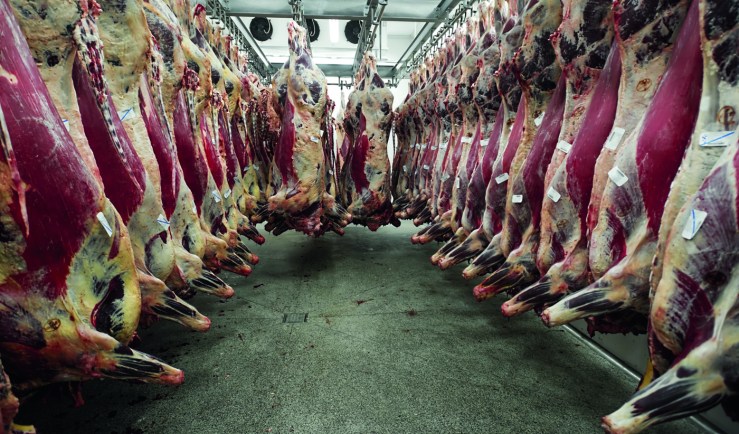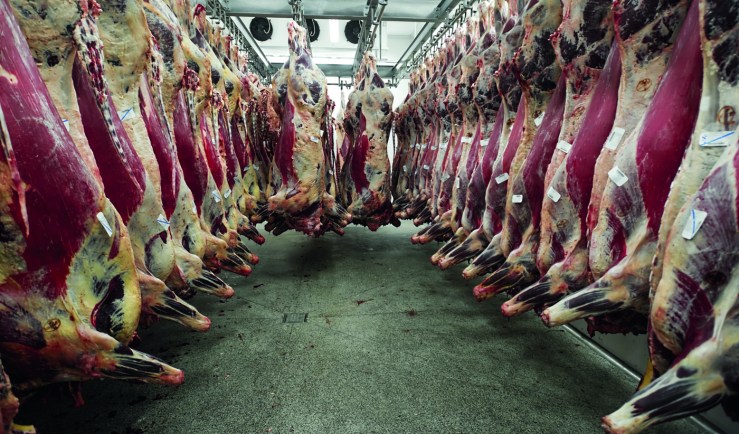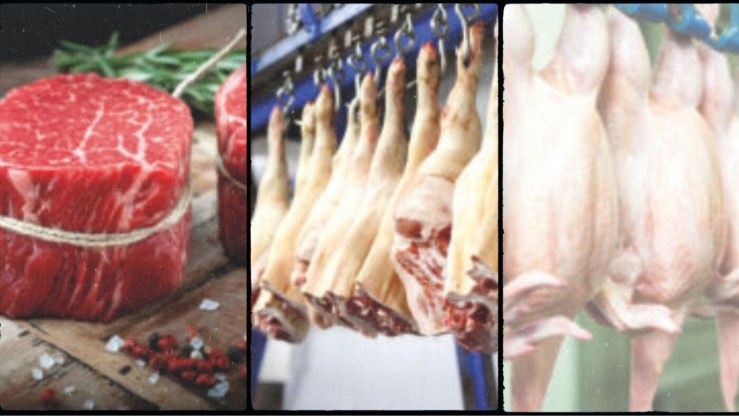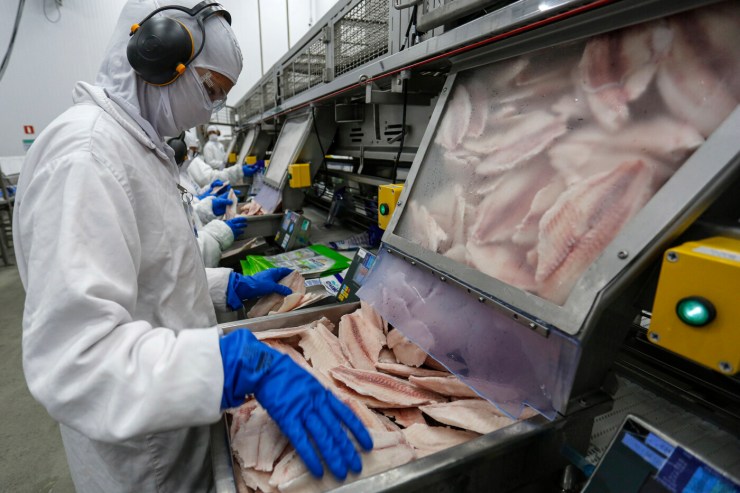Representatives from the Ministry of Agriculture and Livestock (Mapa) advocated in Santos (SP) for improvements in quality and traceability controls in the grain export chain. To this end, the implementation of controls provided for in Law 14,515/22, known as the Self-Control Law, at the reception of shipping port terminals is essential for the Brazilian production chain. They participated last Thursday (10) in the 1st Santos Grain Day 2025, at the Santos Commercial Association.
 The event brought together associations of producers, exporters, certifiers and government representatives. The director of the Department of Inspection of Products of Plant Origin of the Ministry of Agricultural Defense, Hugo Caruso, made a point of saying that the export of grains from the country is the responsibility of everyone involved in the chain. “DIPov is responsible for controlling the quality, identity and safety of products of plant origin. If we want to maintain this level of exports, we have to ensure quality,” he said.
The event brought together associations of producers, exporters, certifiers and government representatives. The director of the Department of Inspection of Products of Plant Origin of the Ministry of Agricultural Defense, Hugo Caruso, made a point of saying that the export of grains from the country is the responsibility of everyone involved in the chain. “DIPov is responsible for controlling the quality, identity and safety of products of plant origin. If we want to maintain this level of exports, we have to ensure quality,” he said.
Caruso stressed the need to comply with Brazilian regulations, as well as those of the destination countries, to ensure compliance with buyer markets. “The first step is to register companies that export. All companies must have a self-control program to ensure that their products are in compliance,” he said. According to him, MAPA verifies the conditions of the company at the time of registration and through audits at the companies and supervision of shipments at the terminals.
 The director also stated that in the area of plant quality alone, there are around 6,000 companies registered with MAPA. Around half of them are authorized to export. “This is a large number of companies that are under the control of the ministry,” he said. Caruso was accompanied by wcoordinator-gGeneral of Plant Quality, Helena Pan Rugeri, and of the wPlant Quality Regulation Coordinator, Karina Fontes Coelho Leandro.
The director also stated that in the area of plant quality alone, there are around 6,000 companies registered with MAPA. Around half of them are authorized to export. “This is a large number of companies that are under the control of the ministry,” he said. Caruso was accompanied by wcoordinator-gGeneral of Plant Quality, Helena Pan Rugeri, and of the wPlant Quality Regulation Coordinator, Karina Fontes Coelho Leandro.
The Ministry of Agriculture, Livestock and Food Supply also presented the e-Phyto system, an electronic certification tool used in trade relations between the world's main markets. According to Eduardo Porto Magalhães, general coordinator of Certification at the Ministry of Agricultural Defense, e-Phyto has facilitated the phytosanitary certification process because it standardizes the exchange of information at a lower cost.
The Undersecretary of Information Technology (STI) of MAPA, Camilo Mussi, also presented to the participants the advances that the institution has been achieving in the area with the computerization of processes and the abandonment of paper. “It is a process with no turning back, a radical change”, he stated. Among the examples of this modernization, in addition to electronic certification, Mussi highlighted the agility of registering establishments in the simplified Federal Inspection System (SIF).
Also present at the event were coordinators of the Agricultural Surveillance System (Vigiagro), such as the general coordinator, Cleverson Freitas; the coordinator of Regular Traffic Inspection, José Marcelo Mazieiro; and the head of the Vigiagro Regional Management Service in the southeast region, Celso Gabriel Herrera Nascimento. The superintendent of Mapa in São Paulo, Estanislau Steck, attended the event.





